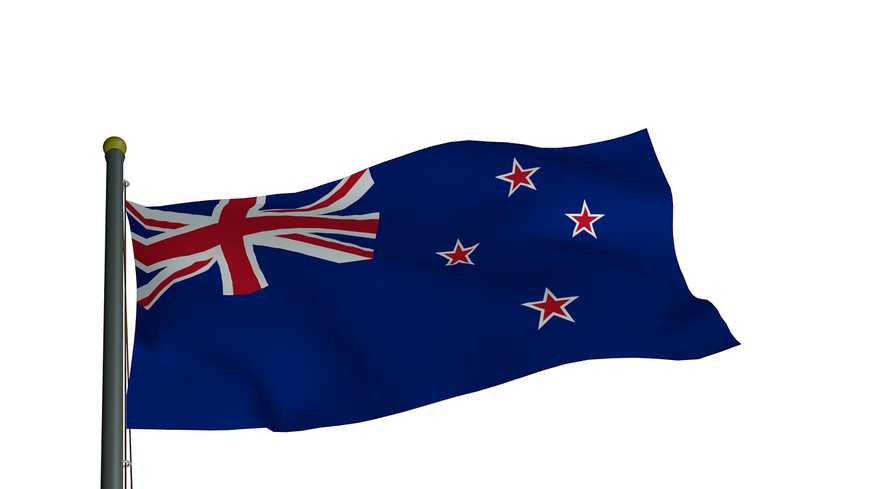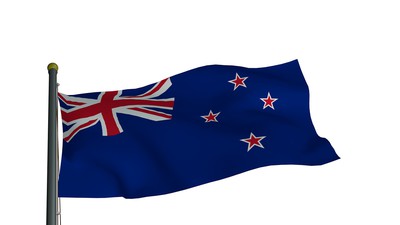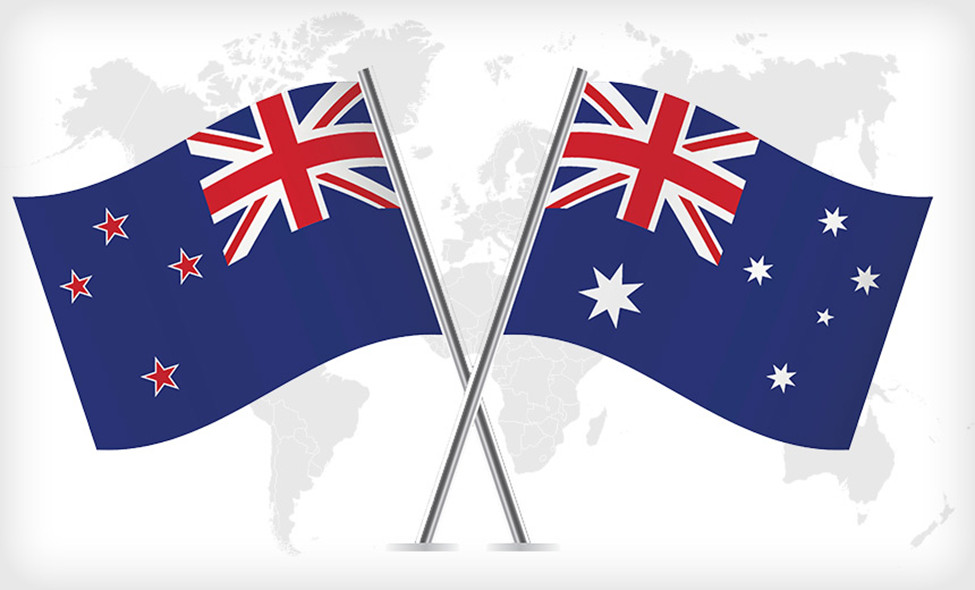

Gambling is legal in New Zealand which is established under the Gambling Act 2003. Historically, the gambling laws in this country were first introduced in 2003 making legal all the gambling activities there. However, the Act prohibits remote interactive gambling meaning that all the gambling and betting activities taking place on online platforms are illegal via NZ platforms. But it’s not restricted to play at international ones.
Nonetheless, the TAB (Totalisator Agency Board) and the New Zealand Lotteries Commission are not covered by this prohibition since both provide online games and products to the Kiwis. Fortunately, the residents are allowed to gamble at any gambling internet-based outside the nation. This means that it is legal for them to gamble on foreign gambling sites. All real money poker sites in New Zealand, thus, legally allowed to operate in this country and the players are able to choose their favourite platforms.
Gambling-related Legislation in New Zealand
The gambling in New Zealand is licensed and controlled by the Department of Internal Affairs (DIA), reputed for maintaining stricter measures to provide a safer gambling environment there. This means that operating outside of its guidelines is forbidden. The legality of gambling governed by the Gambling Act of 2003 summarizes into four categories which are determined by the methods of gaming as well as the prize values. The first class doesn’t require a licence and it is limited from prize or turnover more than $500.
This category can only be conducted by individuals and all proceeds from the gambling must be applied to the winners. Similar to class 1, class 2 does not need a licence but the total value is between $500 and $5,000. In this category, according to the Gambling Act, the gambling activity must be conducted by societies and the revenue from the gambling must be between $500 and $25,000. As for classes 3 and 4, both require a licence but class 3 must have the prizes with a total value exceeding $5,000 whereas class 4 refers to gambling that uses gaming machines.
Furthermore, the Department of Internal Affairs also established strict licensing requirements with the goal to maintain safe, fair, and responsible gambling. Concerning the remote gambling operators, New Zealand has joined the list of nations in introducing a regulation. In this statute, offshore companies are required to pay taxes regarding the gambling services and the betting products offered to the New Zealanders.
The stricter licensing requirements established by the DIA provide several purposes. In fact, these measures aim to reduce gambling-related problems among families and societies. This will reduce criminal and dishonesty risks where the gaming machines are located leading to a responsible gambling environment.
New Zealand Poker Laws
Playing poker is absolutely legal in New Zealand under the Gambling Act of 2003. Since poker games have seduced several Kiwi players, they are able to play these games at the licensed land-based casinos located in the country. Historically, poker has existed in New Zealand since the age of steamboats and spread throughout the United States and other countries.
As stated above, since the Gambling Act 2003 controls the gambling field including poker games, this statute establishes policies and measures to provide a safer gambling environment. Therefore, the brick and mortar casinos must hold licences from the Department of Internal Affairs in which they have to respect the laws and pay taxes.
What about Offshore Poker Sites?
Concerning online poker, this game has become a global phenomenon and has turned highly successful among the players throughout the world including New Zealanders. Although the Kiwis do not have the opportunity to play at any relevant local poker site, they are totally free to have fun on the foreign websites.
These sites legally allowed to operate in New Zealand are expected to pay back a part of profits to the community. As for the best online poker sites legally available in New Zealand, the Kiwis players have a large choice that can offer them a good selection of the most popular poker variants.
In general, these players are not required to pay taxes on their winnings; however professional gamblers are required to pay income tax from their gains. Actually, when their status is determined to be professional meaning that their gains are their primary source of income, they have to pay taxes.


